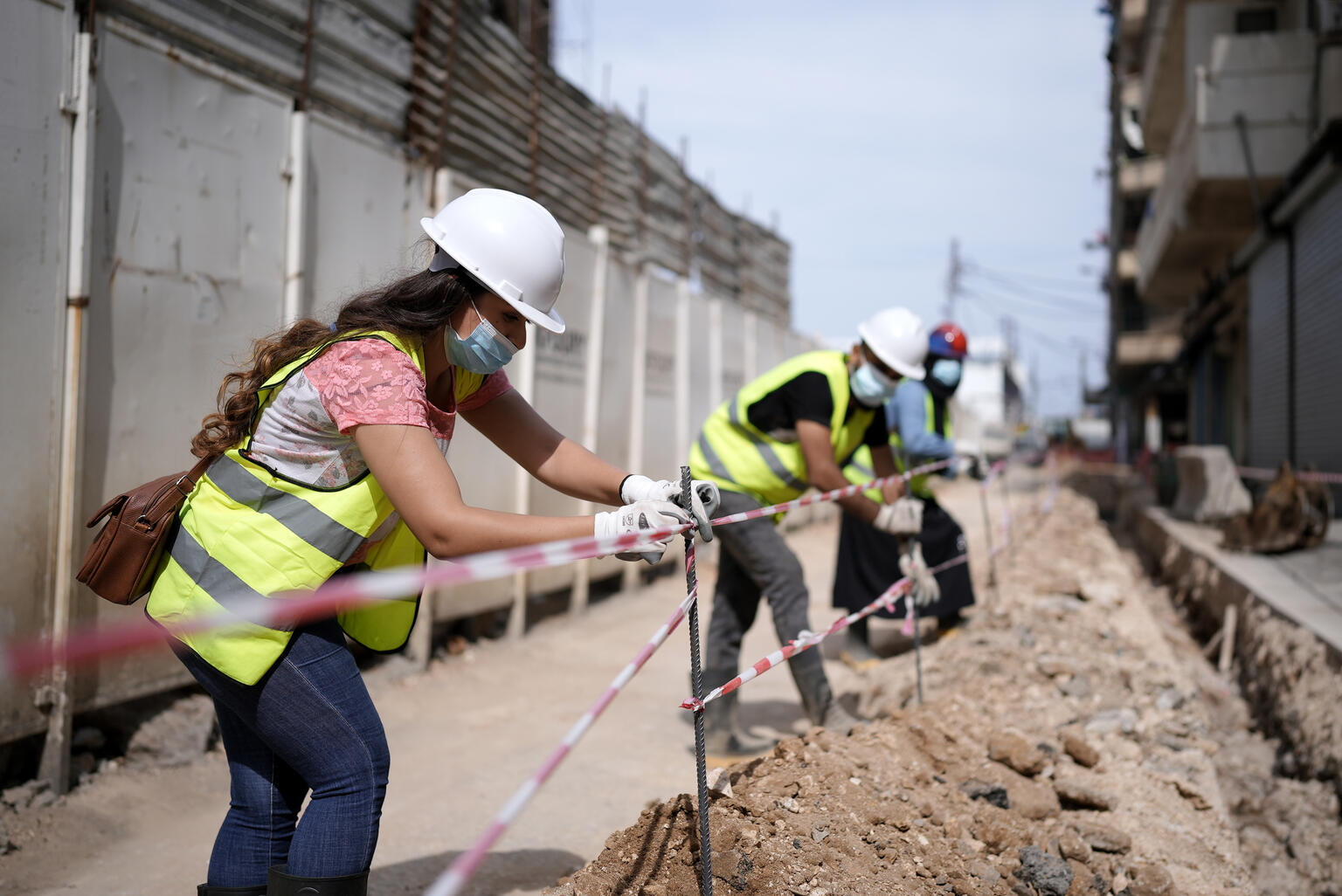Gender Contextualization
IMI-SDG6 is currently developing approaches for the ‘gender contextualization’ of the SDG 6 global indicators to support gender-relevant, evidence-based policymaking in countries.

The work on gender contextualisation began in June 2021 and will continue to the end of 2023, after which a set of tools and approaches will be included in country-level capacity building activities in 2024 and subsequent years.
To support this important work, a group of gender experts has been convened to provide input and feedback on the work and draft outputs of IMI-SDG6. The group members have significant practical experience on gender issues, either at project, national or global level, as well as additional expertise on the gender-and-water nexus, gender data/monitoring or gender and other SDGs linked to water.
A pilot testing of the methodological approaches is also in progress with pilot countries, selected to represent a range of capacities and contexts. These countries include so far Brazil, Senegal and Philippines. The objective of the pilots is to assess the feasibility of the IMIS-SDG6 suggested approaches to support national and/or sub-national policy needs of the Member States and their efforts to internalise gender aspects in their water and sanitation management. A list of gender-relevant indicators for contextualizing gender aspects within the SDG 6 has been compiled.
An Assessment Framework has been developed and made available to the pilots for evaluating these gender-relevant indicators against specific criteria and reflecting on their relevance and added value.
Gender experts supporting the SDG 6
Mr. Radu Ban, Bill and Melinda Gates Foundation
Ms. Antra Bhatt, UN Women
Ms. Maria Ana Borges, Global Water Programme, International Union for Conservation of Nature
Ms. Bethany Caruso, Emory University, USA
Ms. Hajar Chamoun, ACTED, Lebanon
Ms. Jelana Chipungu, Centre for Infectious Disease Research, Zambia
Mrs. Lisa Debevec, Global Water Partnership
Mr. Ayanda Dlamini, Transformation Directorate, South Africa
Ms. Sara Duerto Valero, United Nations Women’s Regional Office for Asia and the Pacific
Ms. Yolanda Gomez, Philippines Water Partnership
Ms. Melita Grant, Institute for Sustainable Futures, University of Technology Sydney, Australia
Ms. Maren Heuvels, GIZ, Germany
Ms. Diana Iskreva, Earth Forever Foundation
